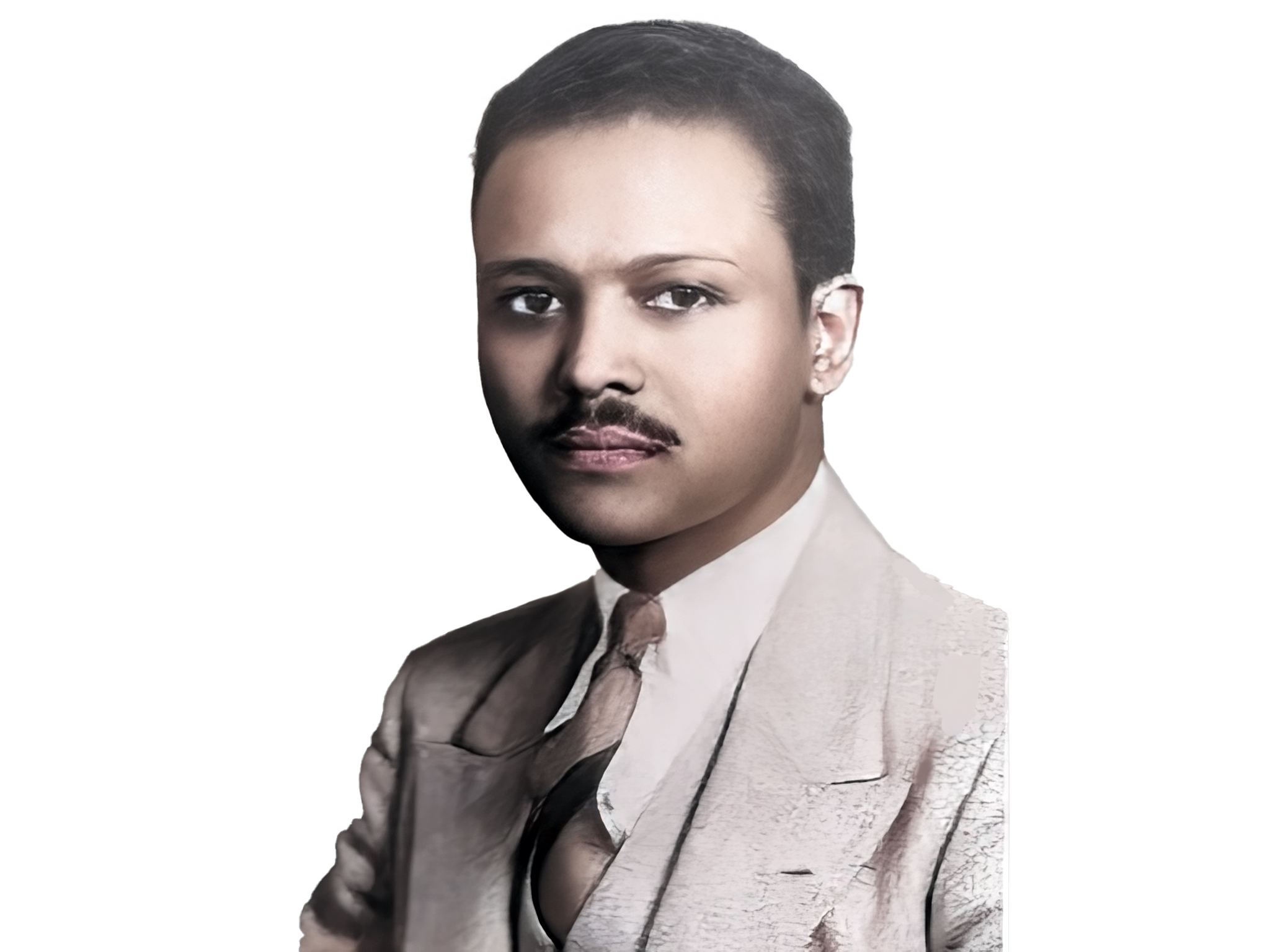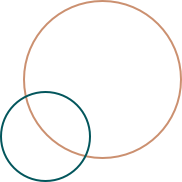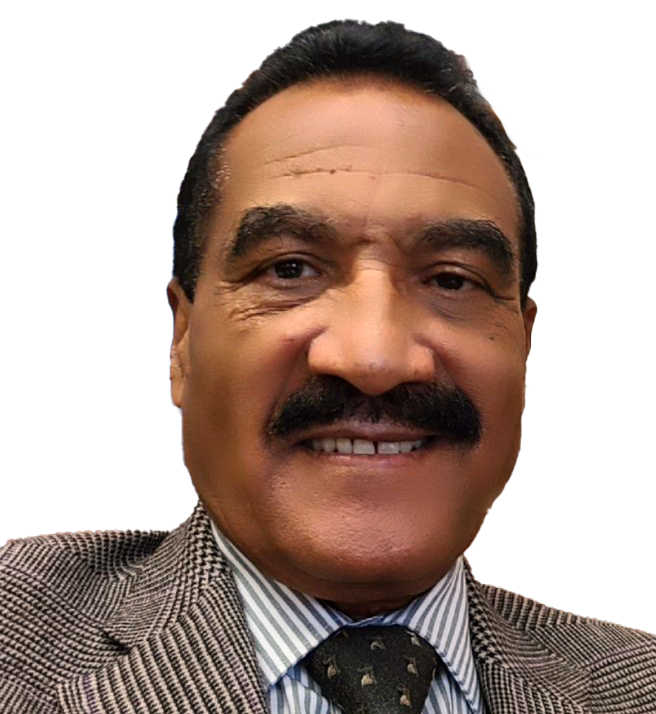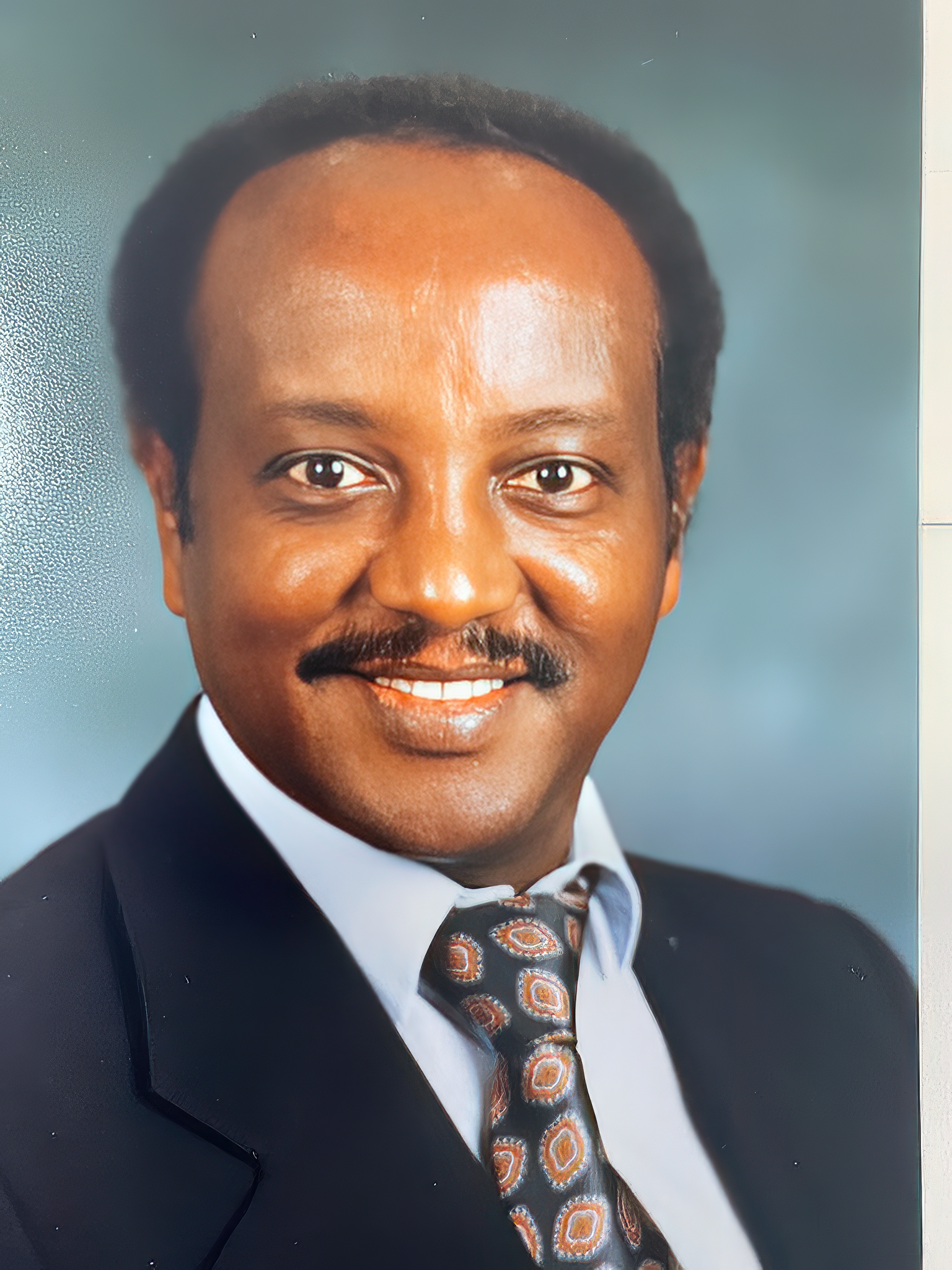welcome to Ethiopiandoctors.org
In tribute to the pioneers of medicine in Ethiopia
Hakim Workeneh and Melaku Beyan
We are compelled by a profound vision set forth by our pioneers – to craft a world where the convergence of healing and hope unfolds. Our mission is to spearhead a transformative paradigm in healthcare throughout Ethiopia, underpinned by unwavering compassion, boundless innovation, and an unshakeable dedication to enhancing the quality of lives.

Dr. Melaku Beyan
Black Lion Medical School, Addis Ababa


Our Mission
Igniting Healing, Empowering Lives!
We are on a mission to revolutionize healthcare in Ethiopia. Bringing together medical experts from North America, we forge a strong network of compassion, aiming to improve healthcare systems and institutions. Through cutting-edge practices and knowledge transfer, we empower local professionals, leaving a legacy of healing beyond borders. Join us in creating a brighter future for Ethiopia – one filled with hope and transformation.
Our Causes
What We Do
Supporting healthcare facilities and medical colleges, where international specialists return to their home countries, thereby enhancing lives and raising healthcare standards.
Knowledge Transfer for Empowerment: Facilitating the exchange of medical expertise and innovative technologies, empowering local medical professionals and revolutionizing Ethiopia’s healthcare landscape.
Supporting Specialized Medical Facilities
Knowledge Transfer and Training Programs
Community Health Outreach Initiatives
Supporting Medical Research and Innovation
Work with Local Medical Institutions

Be a Healing Hero - Join the Movement
Your contribution can be a beacon of hope for Ethiopia. Partner with us in this transformative healthcare journey and become a healing hero for countless lives.

Make a Lifesaving Impact - Donate Today
Every donation counts, and with your support, we can bring world-class healthcare to Ethiopia. Your generosity can make a lifesaving impact on communities in need.

Empower Ethiopia's Healthcare Future
Your contribution empowers local medical professionals, fuels innovation, and creates a brighter healthcare future for Ethiopia. Together, we can build a stronger, healthier nation. Donate now and be part of the change!
Give
Contribute to a campaign
Your support is vital in making a significant impact on healthcare in Ethiopia. By donating to our campaign, you become a driving force behind our mission to build a world-class hospital, transfer critical medical knowledge, and empower local professionals. Together, we can bring lasting change and healing to Ethiopia’s communities. Join us today and be a part of this life-changing journey. Your contribution, big or small, will make a world of difference. Together, let’s transform lives and create a brighter future for Ethiopia. Contribute now and be a part of this compassionate movement for change

Learn how to get involved
Explore the myriad ways you can offer your expertise, resources, or assistance to further our mission of bolstering healthcare facilities and educational institutions. Join forces with us as we work together to revolutionize healthcare accessibility.
Joining this organization and working towards our dream of helping healthcare institutions in Ethiopia has been the most fulfilling journey of our lives. Together, we’re not only healing bodies but also strengthening our community’s bonds. Come be a part of this amazing effort and see how unity can bring about powerful change.

Dr. Wondwossen Gebre
What started as a dream among a few passionate individuals has blossomed into a movement of hope. By joining us, you become a vital thread in the tapestry of compassion and healing we are weaving. Together, we can bridge gaps in healthcare and uplift countless lives in Ethiopia.

Dr. Zergabachew Asfaw
As a member of this organization, I have witnessed firsthand that the potential of collaboration knows no limits. Our shared vision to support healthcare institutions and educational facilities to the best of our abilities represents a profound expression of love, dedication, and an unwavering commitment to our community. I invite you to join us, and together, we can forge a brighter future for healthcare in Ethiopia.

